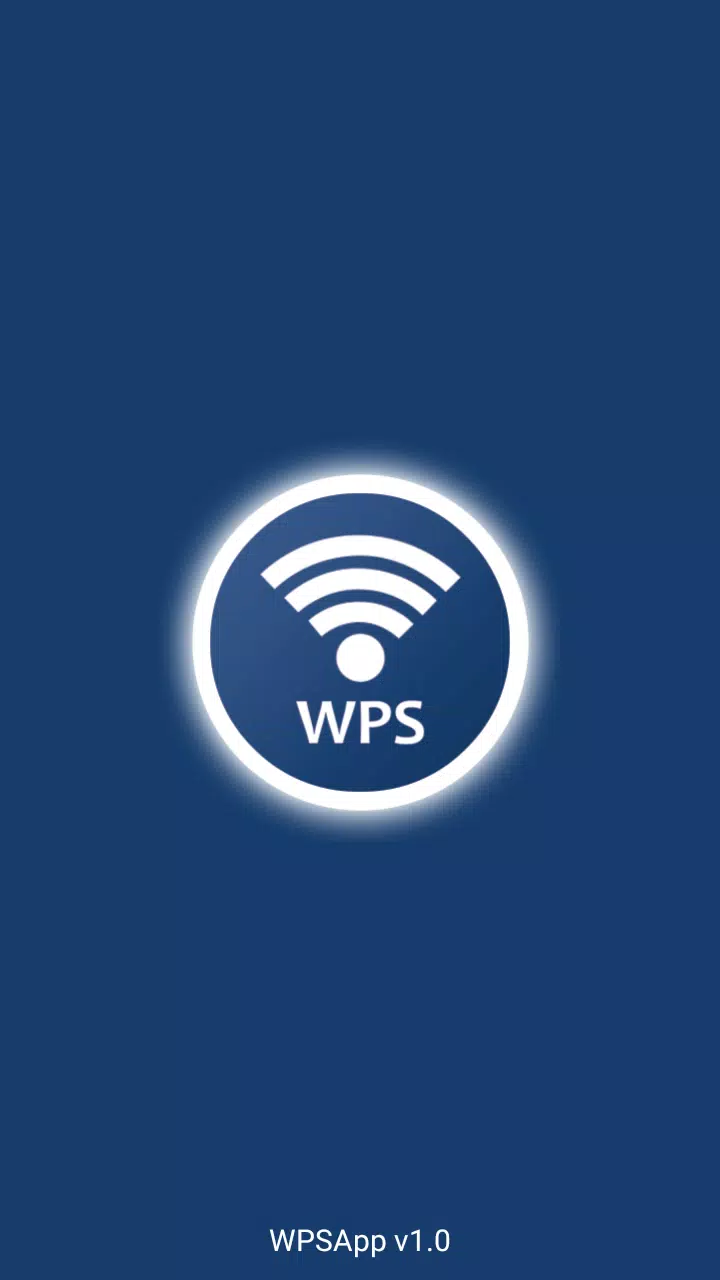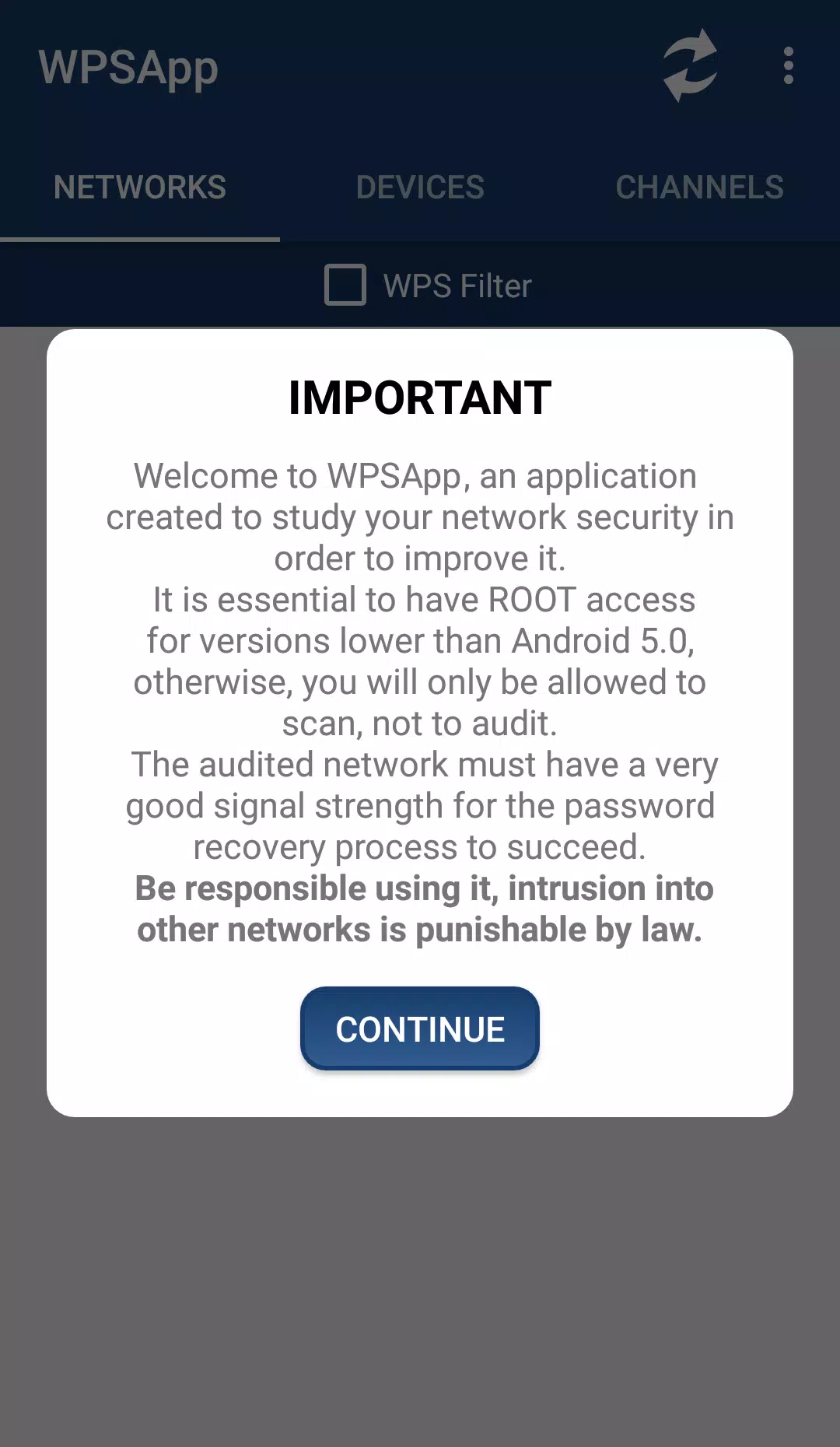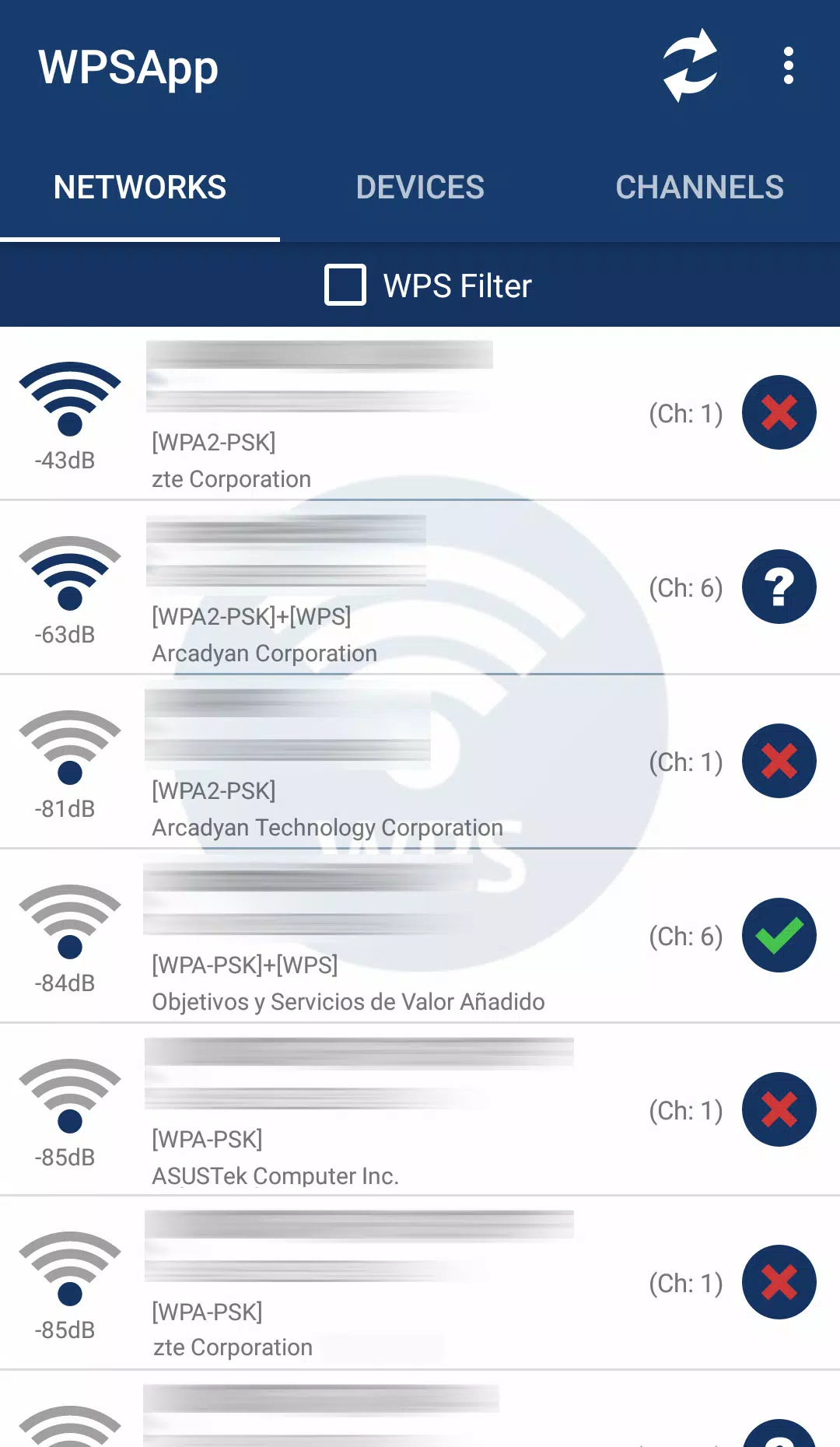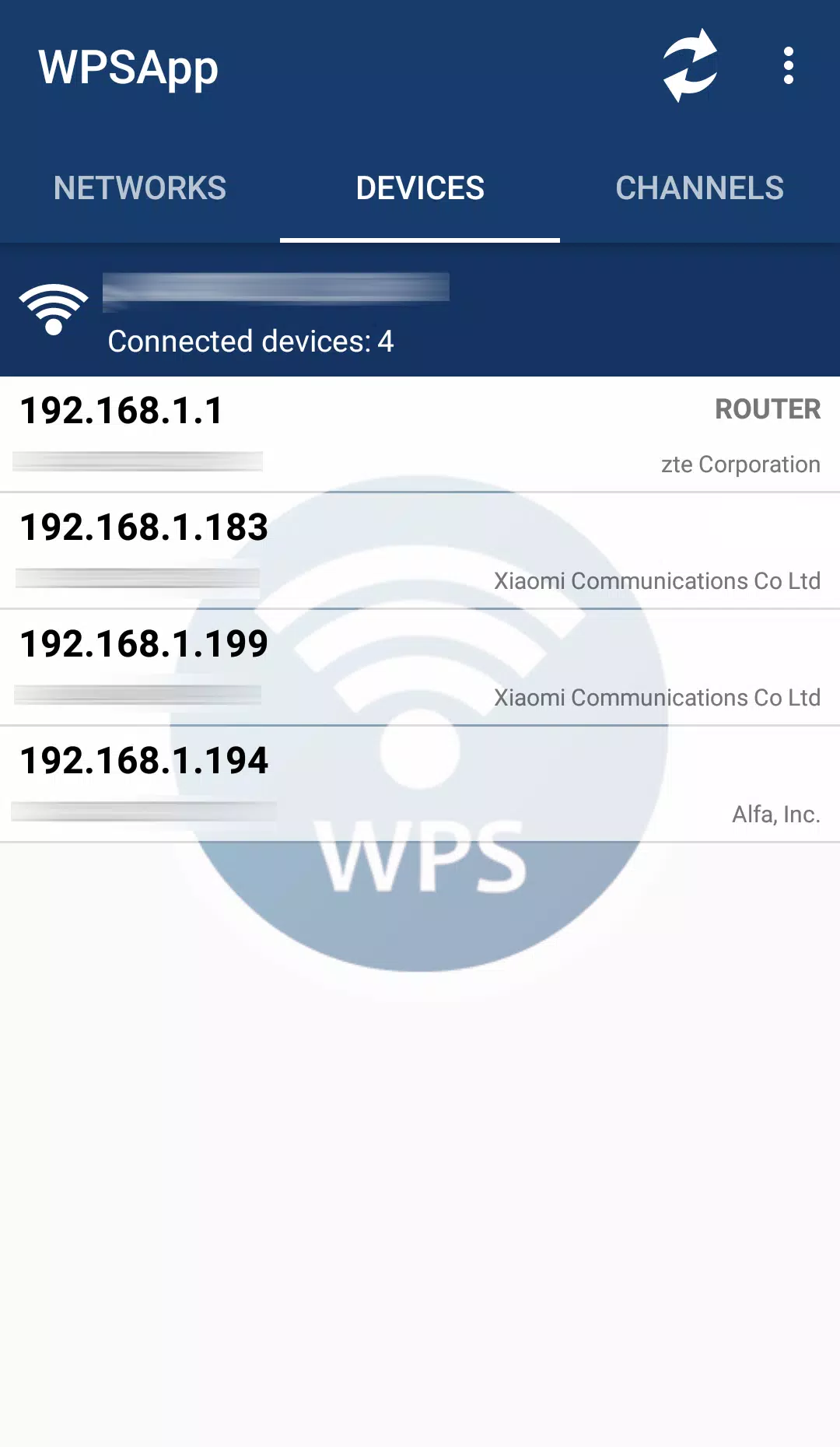Ensuring the security of your WiFi network is paramount in today's digital age. One tool that can help you assess your network's vulnerability is WPSApp, which focuses on the WPS (Wi-Fi Protected Setup) protocol. WPS allows you to connect to a WiFi network using an 8-digit pin, which can be a security risk if the pin is known or easily calculable. WPSApp leverages this protocol to check if your network is susceptible to unauthorized access.
WPSApp employs various algorithms to generate pins and includes some default pins known to be used by certain routers. It also calculates default keys for some router models, displays WiFi passwords stored on your device, scans devices connected to your network, and evaluates the quality of WiFi channels. Using WPSApp is straightforward: when scanning nearby networks, you'll see networks marked with a red cross, indicating "secure" networks where WPS is disabled and the default password is unknown. Networks with a question mark have WPS enabled but the pin is unknown; in these cases, WPSApp can test common pins. Networks with a green tick are likely vulnerable, with WPS enabled and a known pin, or the password is known even if WPS is disabled.
To fully utilize WPSApp's features, such as viewing passwords, connecting on Android 9/10, and accessing some additional functions, you need to be a Root user. It's important to note that not all networks are vulnerable, and a network appearing as such does not guarantee 100% vulnerability. Many router manufacturers have updated their firmware to address these issues.
If you find your network to be vulnerable, take immediate action by disabling WPS and changing your password to a strong, personalized one. Remember, unauthorized access to foreign networks is illegal, and I am not responsible for any misuse of this information.
From Android 6 (Marshmallow) onwards, you need to grant location permissions to use WPSApp, a requirement introduced by Google. For more information, visit: Google's Android 6.0 Changes.
Some Samsung models encrypt passwords, displaying them as a long series of hexadecimal digits. If you encounter this, you may need to look online or contact the developer for decryption guidance. Additionally, pin connection does not work on LG models with Android 7 (Nougat) due to issues with LG's software.
Before rating the app, please understand its functionality. For any suggestions, issues, or comments, you can reach out to [email protected].
Acknowledgments go to Zhao Chunsheng, Stefan Viehböck, Justin Oberdorf, Kcdtv, Patcher, Coeman76, Craig, Wifi-Libre, Lampiweb, David Jenne, Alessandro Arias, Sinan Soytürk, Ehab HoOoba, drygdryg, and Daniel Mota de Aguiar Rodrigues for their contributions.

























